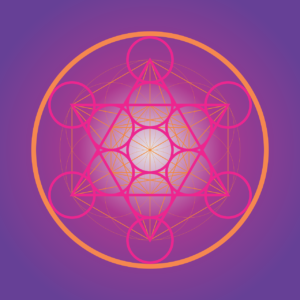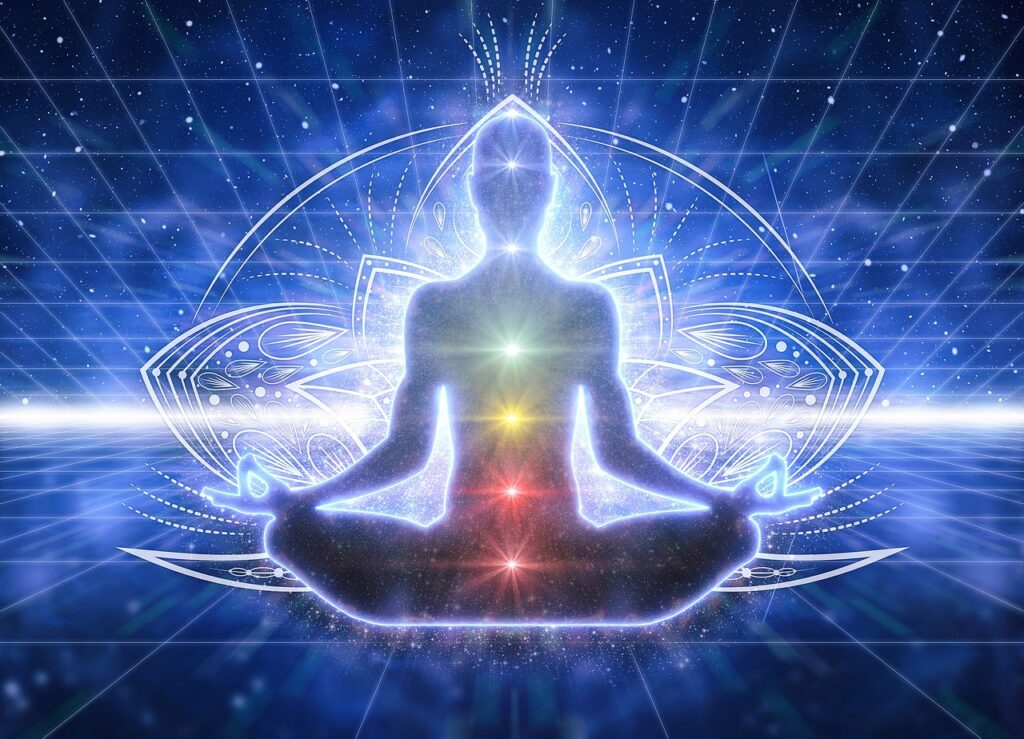
Kumbhaka – Breath Retention
The Power of Kumbhaka – Breath Retention Unlocking Deep Healing, Focus, and Inner Stillness with FibonaQi Breathing At FibonaQi Breathing, we believe that the breath is not only the gateway to better health—but the golden key to spiritual awakening, emotional


